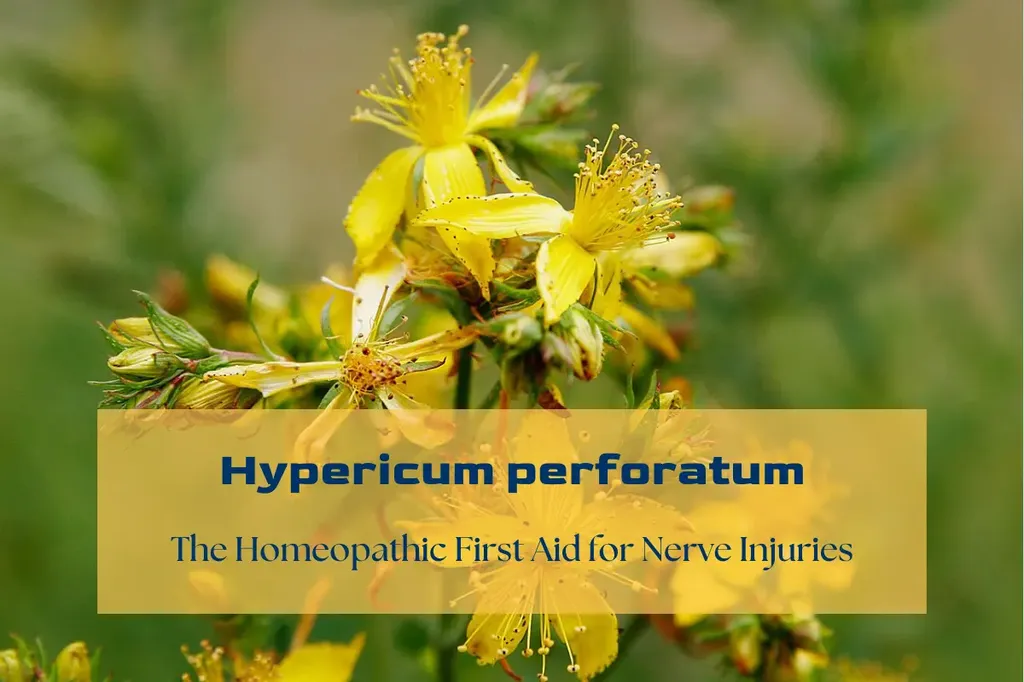In a groundbreaking study published in the journal *Plants* (translated from Romanian as “Plants”), researchers have uncovered significant insights into the cultivation of *Hypericum* species, a genus known for its medicinal properties. Led by Doina Clapa from the Faculty of Horticulture and Business in Rural Development at the University of Agricultural Sciences and Veterinary Medicine of Cluj-Napoca in Romania, the study explores how different growth regulators and culture periods can optimize biomass production and phenolic compound accumulation in seven *Hypericum* species.
The research focused on *Hypericum androsaemum*, *H. calycinum*, *H. hirsutum*, *H. kalmianum*, *H. olympicum*, *H. perforatum*, and *H. triquetrifolium*, all of which were cultivated in vitro. The team found that Murashige and Skoog (MS) medium supplemented with 0.2 mg/L benzyladenine (BA) was the most effective condition for promoting biomass across all species. This finding is particularly noteworthy as it demonstrates a clear pathway for enhancing the commercial production of these valuable plants.
“Our results show that the right combination of growth regulators and culture periods can significantly boost biomass production,” said Clapa. “This is crucial for industries looking to harness the bioactive compounds found in *Hypericum* species.”
The study also identified 13 phenolic compounds, including flavonols, hydroxycinnamic acids, anthocyanins, phloroglucinols, and naphthodianthrones. These compounds are known for their medicinal properties, making *Hypericum* species highly valuable in the pharmaceutical and nutraceutical industries. *H. kalmianum* stood out as the top producer of total phenolic content, while *H. olympicum* was the leading producer of hypericin and pseudohypericin, two compounds with potent antimicrobial and antidepressant properties.
The implications of this research are far-reaching. By optimizing in vitro cultivation techniques, industries can produce these bioactive metabolites more efficiently and sustainably. This could lead to significant advancements in the production of medicinal compounds, ultimately benefiting both the pharmaceutical industry and consumers.
“This research provides a promising approach for producing bioactive metabolites in *Hypericum* species through in vitro systems,” Clapa added. “It highlights the crucial role of culture conditions in regulating both biomass and phytochemical production.”
As the demand for natural and sustainable medicinal products continues to grow, the findings from this study offer a blueprint for future developments in the field. By leveraging these insights, researchers and industries can work together to unlock the full potential of *Hypericum* species, paving the way for innovative and effective treatments.
The study, published in *Plants*, not only advances our understanding of *Hypericum* cultivation but also sets the stage for future research and commercial applications. As the world increasingly turns to natural solutions for health and wellness, the work of Clapa and her team is a beacon of progress in the field of agritech and medicinal plant research.

